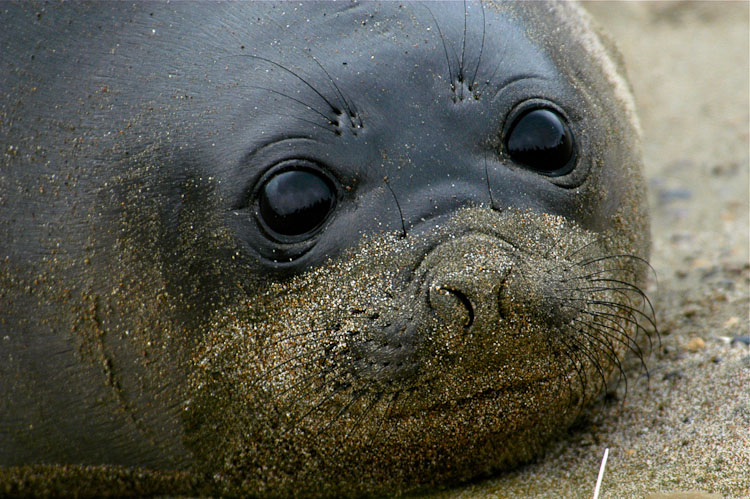2010 Cloud Ridge Naturalists embarks on it’s fourth decade at a time when global-scale environmental degradation threatens every corner of our planet. The places we travel to—the Arctic, the marine and island ecosystems of the North Pacific and North Atlantic, the Sub-Antarctic islands and the Antarctic Continent, the temperate rainforests of the Pacific Northwest and their counterparts in Andean Patagonia, and western North America’s wilderness rivers—are at risk. Many of us believe that human civilization and the earth’s ecological systems are on a collision course—one that requires global-scale solutions as well as a renewed personal commitment by each of us if we are to forge a different outcome to this grim scenario.
Last year’s remarkable journeys—from the Russian Arctic to the Antarctic outpost of South Georgia—felt more like a requiem for what we’ve lost than a simple celebration of “place.” Amidst the wilderness beauty, Cloud Ridge participants witnessed the building momentum and impacts of human-wrought changes—global warming, deforestation, pollution, habitat fragmentation, the threat posed by invasive species, overfishing, and losses in both terrestrial and aquatic biodiversity. These impacts transcend international and ecological boundaries—and the implications for all of us are truly profound.
Last year’s field season marked a sea-change in how I view Cloud Ridge’s role in making a difference. We need to move beyond the “last great place” model that drives most ecotourism, and become better-informed stewards—not just “snapshot” sojourners. Our leadership position in environmental education allows us to support international conservation efforts by focusing on three distinct but complementary educational strategies:
(1) our traditional seminar program designed for the general public;
(2) the sponsorship of an annual field-based exchange program for scientists focusing on a specific ecosystem or conservation issue of critical concern; and
(3) support for publishing efforts (both print and visual media) emphasizing natural history and conservation biology. I invite you to download “Field Notes” and view slideshows (coming soon) highlighting our discoveries and conservation projects.
A globally-embraced environmental ethic is urgently needed—one based on a true understanding of the complex interrelationships that govern the natural world and the vulnerability of all species, ourselves included, should we fail to act with intelligence, foresight, and dispatch. This year’s offering, “In Darwin’s Footsteps,” is intended to honor the biodiversity that inspired one of the greatest scientific discoveries of all time. Clearly, our survival depends on informed, passionate citizen advocates for wilderness and the importance of biological diversity. We must spread the word, as effectively and as articulately as we can. Will it be enough? When I brood about the world my grandchildren are inheriting, I find a renewed sense of purpose and clarity in Jorge Luis Borges’ answer to an interviewer’s question:
Interviewer: “Do you think that we have a right to be hopeful?”
Jorge Luis Borges: “No. We have the obligation to be hopeful.”
~ Audrey Benedict |
